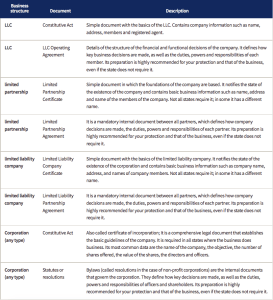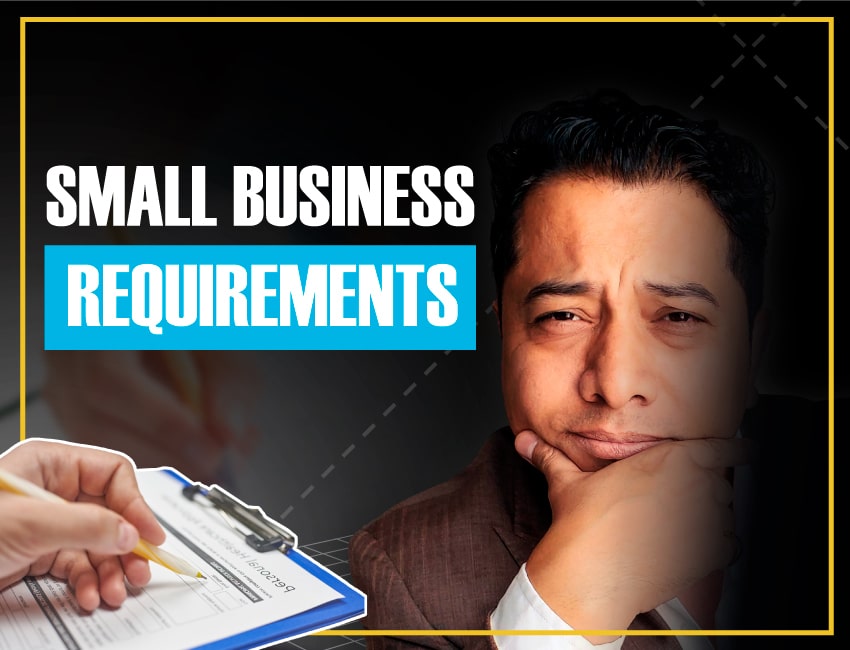Establishing Your Company

Establish your business as a legally recognized entity. The method and location of establishment are determined by your structure and location.
Determine if you need to register your business
The way in which your company is established is determined by its location and structure. Determining these factors first will make registration simple.
For most small businesses, the process is as straightforward as registering the company’s name with state and local governments.
In some cases, registration may not be necessary. If you conduct business as an individual, using your legal name, no registration is required. However, failing to register your business can result in the loss of personal liability protection, as well as legal and tax advantages.
Register with federal agencies
In general, most businesses do not need to register with the federal government beyond applying for a federal tax ID to become a legal entity. However, some small businesses may choose to register with the federal government for trademark protection or tax exemption.
To obtain a trademark, brand or product name, incorporate your business and then apply to the US Patent and Trademark Office. If you wish to be a tax-exempt nonprofit corporation, register your business as a tax-exempt entity with the IRS.
Filing Form 2553 with the IRS is required to establish an S corporation.
Register with state agencies
If your business is an LLC, partnership, or not-for-profit corporation, you will likely need to register in every state in which you conduct business.
In general, you are considered to be doing business in a state if:
- Your company has a physical presence in that state.
- You have frequent face-to-face meetings with clients in that state.
- A significant portion of your company’s income comes from that state.
- Any of your employees work in that state.
Online registration is allowed in some states, while in others, paper documents must be submitted in person or by mail.
In most states, registration with the Secretary of State’s office, the Bureau of Business, or a business agency is required.
Obtain a registered agent
If your business is an LLC, partnership, or not-for-profit corporation, you will need a registered agent in your state to submit the necessary documents.
Registered agents receive official papers and legal documents on behalf of your company and must be based in the state where you are registered.
Many business owners choose to use the services of registered agents rather than doing it themselves.
Seeking Foreign Qualification for Your Business
If your business operates in multiple states, such as an LLC, corporation, partnership, or nonprofit corporation, you may need to register your business in one state and then seek foreign qualification in the other states where your business operates.
The state where your business is originally registered is considered local, while in all other states it is regarded as a foreign entity. Obtaining foreign qualification notifies the state that a foreign business is conducting operations there.
Foreign businesses usually need to pay taxes and annual reporting fees in both their state of origin and in states where they are qualified as foreign. To obtain foreign qualification, you must provide a Certificate of Authority to the state, and many states also require a Certificate of Good Standing issued by the state of origin. Each state charges a different filing fee, depending on the type of business.
It’s essential to check with state authorities to determine the foreign qualification requirements and fees.
Submitting State Documents and Fees
The overall cost of registering a business is usually less than $300, although fees differ based on the state and the type of business.
You will typically need the following information:
- Business name.
- Company location.
- Ownership, management structure, or board of directors.
- Registered Agent information.
- Number and value of shares (if a corporation).
The documents required and the details to be included in them vary by state and business structure.
















